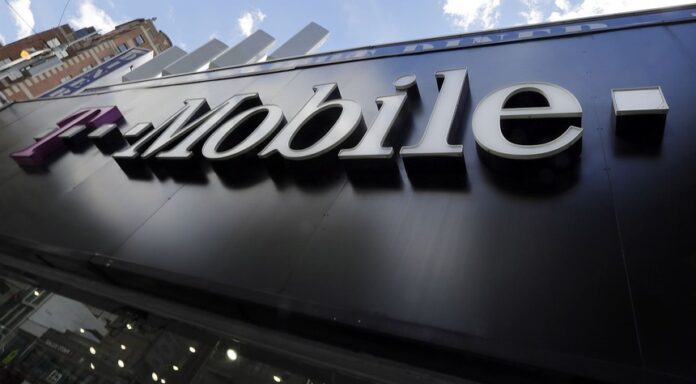The telecommunications giant T-Mobile has closed its flagship store located in the San Francisco’s downtown area amid declining foot traffic and increased criminal activity.
The company reportedly closed the store, which spanned two stories and 17,000 square feet and was located in the upscale department store and shopping hub of Union Square, around a month ago.
In a statement provided to SFGATE via email, a company spokesperson did not give specific details about the decision, instead citing a change in “retailer strategy.”
“We recently reshaped our retail strategy,” said the spokesperson. “Employees have been offered roles within the company.”
Once a vast flagship store for Apple, the building at 1 Stockton was sold to Ashkenazy Acquisition Corporation in 2013 for $50 million. Apple has since relocated to its current location on Post Street. According to records, the building was sold to the corporation following Apple’s relocation.
The closure is merely the latest indication of companies’ desperation to flee San Francisco, which has become notorious for its shocking levels of crime and homelessness, high taxes, and committment to ultra-left-wing ideology.
Last week, Saks Off 5th announced that it will be closing its Market Street location, after eight years in business. The Nordstrom at Westfield San Francisco Centre and the Nordstrom Rack on Market Street, which have been operating for approximately 35 years and nine years respectively, also announced that they will be closing by the end of August.
Unlike T-Mobile, Nordstrom confirmed in a statement “The dynamics of the downtown San Francisco market have changed dramatically over the past several years, impacting customer foot traffic to our stores and our ability to operate successfully.”
Meanwhile, a spokesperson for Westfield added that “a growing number of retailers and businesses are leaving the area due to the unsafe conditions for customers, retailers, and employees, coupled with the fact that these significant issues are preventing an economic recovery of the area.”
Last month, Whole Foods also announced the temporary closure of one of its flagship stores in San Francisco, just a year after opening. The decision was made due to concerns about crime in the area posing a threat to the safety of the store’s staff. A similar move was recently taken by Walgreens, which had to close down some of its San Francisco locations in 2021 due to theft issues.
The flagship store, which first opened in March 2022, was designed as an homage to classic San Francisco style and showcased over 3,700 local products from Northern California, including produce from local farms and a wide selection of wines from local vineyards.
San Francisco Board of Supervisors member Matt Dorsey, who represents the district where the store was located, wrote on Twitter that he was “incredibly disappointed but sadly unsurprised by the temporary closure of Mid-Market’s Whole Foods,” citing the rampant drugs and crime problem in the area.
“Whole Foods’ closure — together with many other safety-related challenges we’ve seen recently — is Exhibit A as to why San Francisco can no longer afford not to solve our police understaffing crisis,” he wrote on Twitter. “Our neighborhood waited a long time for this supermarket, but we’re also well aware of problems they’ve experienced with drug-related retail theft, adjacent drug markets, and the many safety issues related to them.”
I’m incredibly disappointed but sadly unsurprised by the temporary closure of Mid-Market’s Whole Foods. (1/7) https://t.co/lthpC90xTL
— Matt Dorsey (@mattdorsey) April 10, 2023




